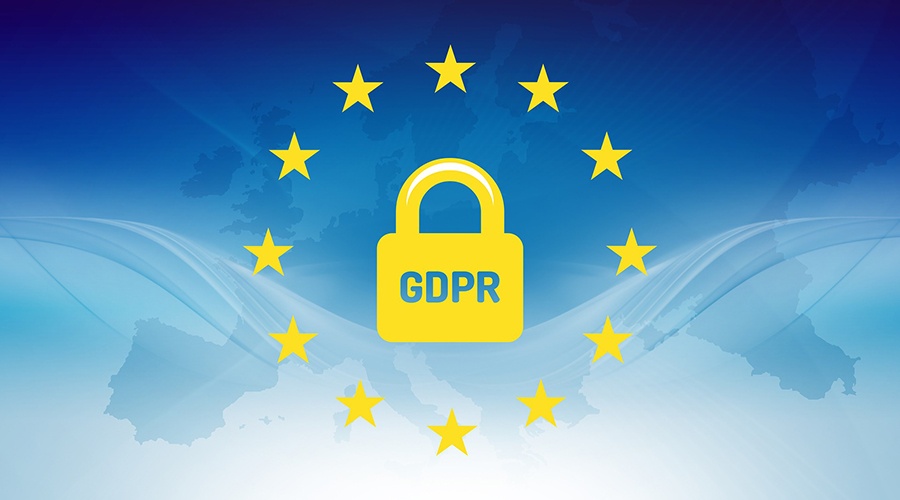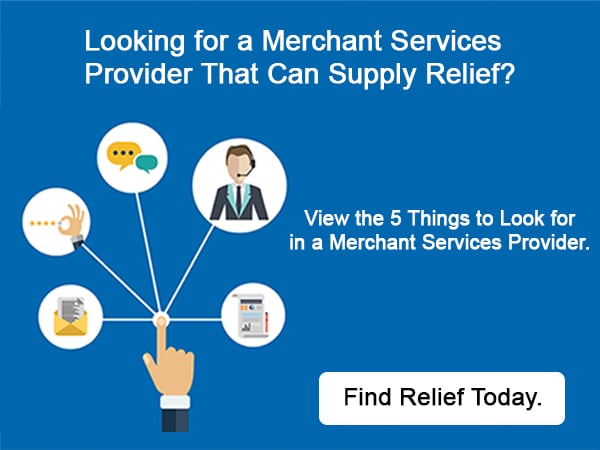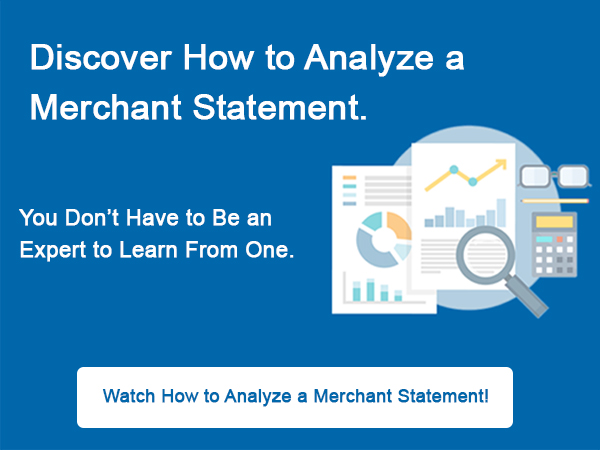
Earlier this year you may have received a number of emails with privacy updates, or perhaps simply come across various headlines featuring the mysterious acronym GDPR. Now you might be wondering if any of this affects your business and your payment processing. Let’s take a look:
What is GDPR?
GDPR, which stands for General Data Protection Regulation, is a law imposed by the European Union (EU) in regards to how personal data is collected and handled. It’s meant to create a uniform approach to data protection and privacy within all EU states, as well as, give their citizens greater control over how their private information is used.
Considering that data required for payment processing is among the most sensitive kind that can be collected from the customer, GDPR automatically helps increase its protection. Specifically, it does so by requiring businesses to not only describe the purpose for which the data will be used but also notify all appropriate parties about any breaches within 72 hours of them occuring.
Does GDPR Affect My Business?
Since this is the EU law, it means that if you’re based in the U.S. or any other location outside of the European Union, these changes aren’t likely to affect you. That is unless you target or do business with anyone within the EU jurisdiction.
This means that if you work even with just one client based in the European Union, have web content specifically aimed at the EU market or simply accept payments in the currency of any of the EU states, you likely need to ensure that you’re GDPR compliant.
How Can I Make My Business GDPR Compliant?
This largely depends on your unique situation, so it’s important to review the official information provided by the European Commission. This governing body describes the new law as “privacy by design and privacy by default,” so it’s best to practice transparency in your approach.
Fortunately, the transition to GDPR isn’t as scary or as complicated as it may sound — if your business already follows certain security standards, like PCI DSS, meeting new regulations shouldn’t be a challenge.
Looking for other ways to protect your business and cardholder data? Discover these helpful payment fraud protection tips from TransNational Payments.









 Facebook
Facebook Twitter
Twitter LinkedIn
LinkedIn Youtube
Youtube Glassdoor
Glassdoor